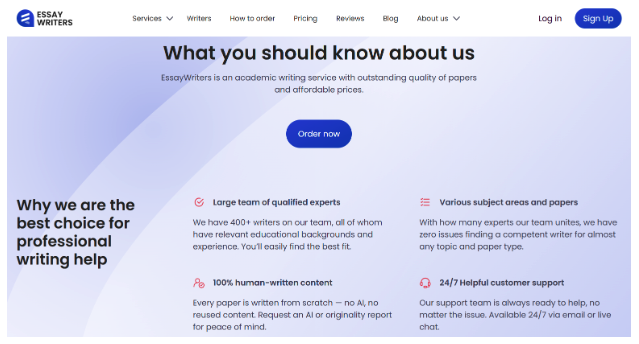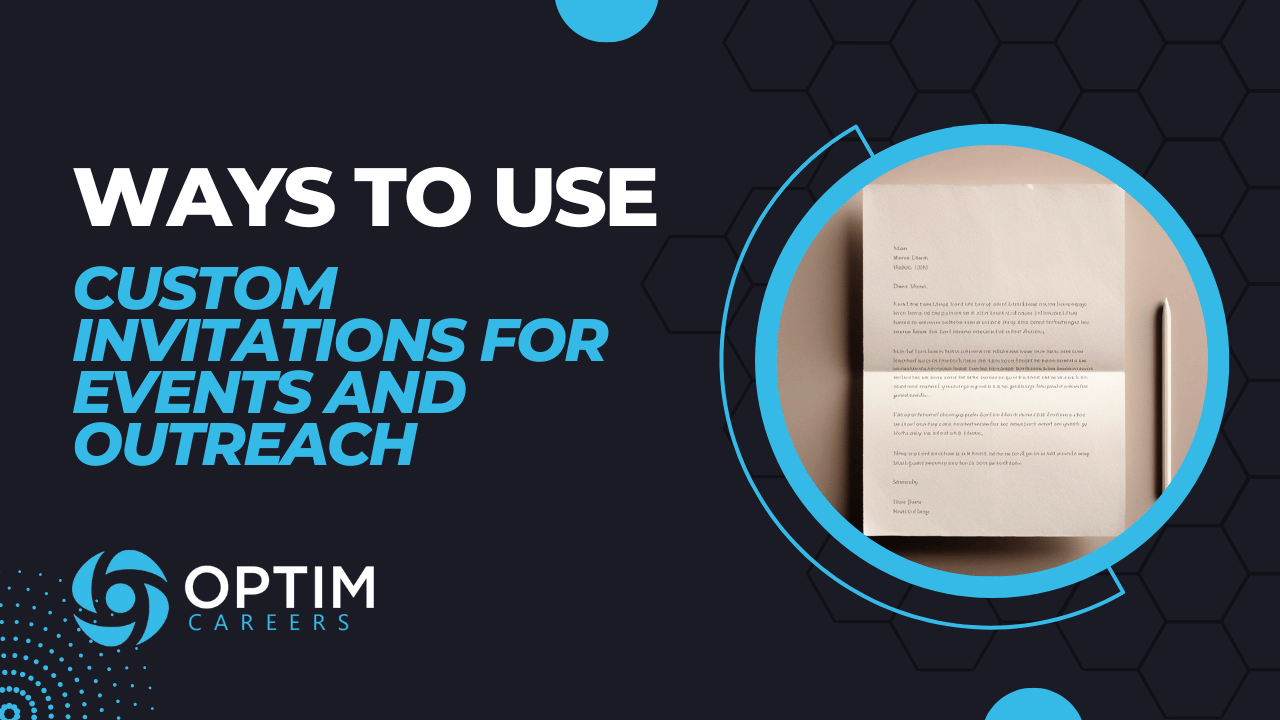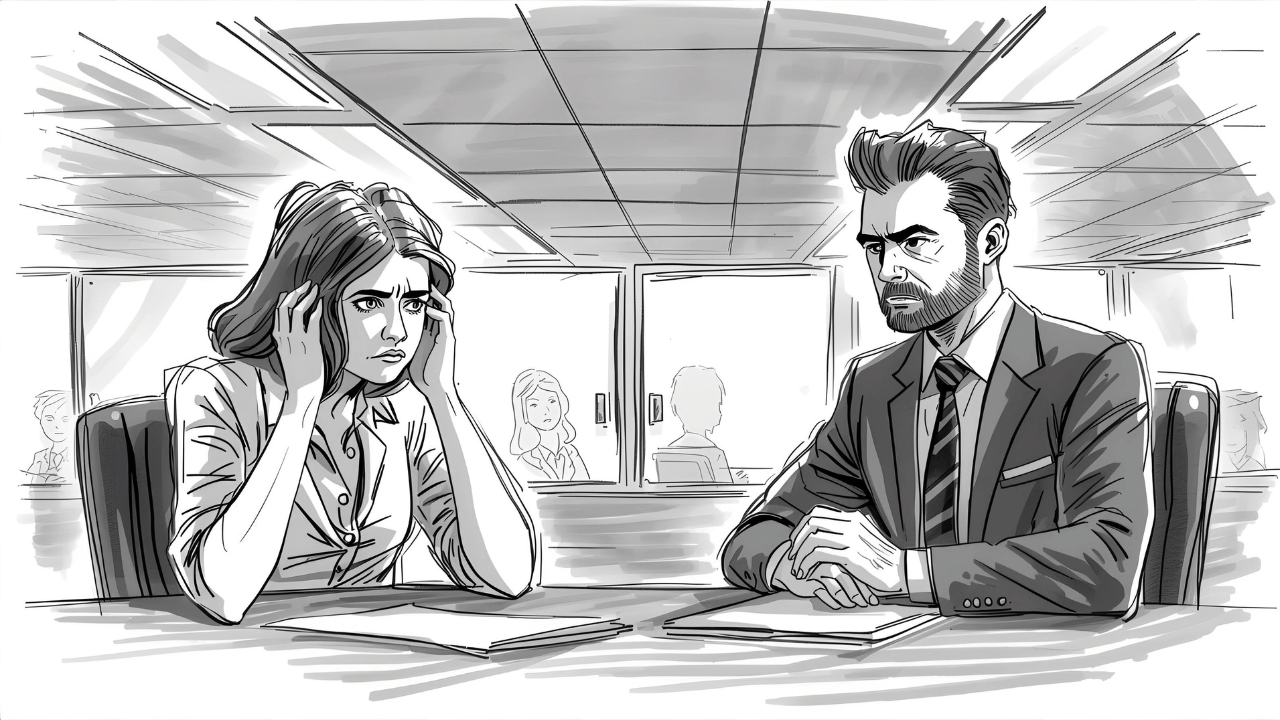How Far Back Should a Resume Go [120 Hiring Managers Weigh In]
Ask the experts this question and you’ll get all kinds of different responses. CareerBuilder will tell you it’s 10 years. Some coaches will tell you 10 to 15 years. Others will say 5 years. It’s all over the place.
So rather than give you some definitive golden standard, my goal today is to arm you with the information you need to decide what is best for you given your career, your industry, the job you want, and your experience level.
Buckle up, let’s dive in.
How Far Should a Resume Go Back (Survey Results)
Let’s start with some interesting trends I found this week when I connected with roughly 120 hiring managers and recruiters because I think it’s quite telling. I called up some of my former clients, talked with some colleagues and even posted a poll on LinkedIn (I know, how scientific of me).
I asked each of them how far back they thought a resume should go and gave them 3 choices: 5 years, 10 years, or 15 years. Here were the results.
25% of those I spoke to said only 5 years
25% said 15 years
50% said 10 years was the ideal length of work history
Those numbers on their own aren’t very telling, but when I analyzed who said what, I found some fascinating trends.
Hiring Managers Say 5 Years
First off, the majority of hiring managers I spoke with responded with only 5 years. I’m not surprised by this. I’ve worked with thousands of hiring managers as a recruiter and consultant over the years and most of them do tend to hone in on the most recent experience.
Based on their responses, I’d say they are mostly only interested in what you’ve been doing recently. After all, a lot has changed in the last 10 to 15 years across most industries. Of course, I do think there is more nuance based on the industries these people come from and the level of hire, but in general, this was the trend.
Career Coaches and Resume Writers Say 10 Years
Second, the majority of coaches and resume writers told me that 10 years was the ideal length of work history for a resume. The majority of recruiters also stated 10 years. I will attest that this has been the gold standard practice for years, but I’m starting to wonder if it still should be?
Mid-Career People Say 15 Years
Lastly, I found that the overwhelming majority of mid-career professionals I spoke with stated that they thought 15 years was the ideal work history length. This just tells me that there is a huge disconnect between what modern-day managers are looking for and what job seekers think they’re looking for. I also had a couple of recruiters tell me 15 years was best, but that was very few.
My hunch is that the 10-15 year gold standard preached by coaches, writers, and recruiters may be becoming outdated. The answer to how far back on a resume you should go may require a more sophisticated conversation.
So let’s get into how we can determine how far back to go.
Industry
Different industries have different norms when it comes to resume length. Industries that require more technical information such as engineering often have longer resumes and more work experience listed. Academia also typically has lengthier work experience sections as does many healthcare resumes.
If you’re not sure what is normal for your industry, ask someone. The best person to ask would be someone who hires in your industry of choice. You could also seek out a resume writer who specializes in your industry - preferably has also worked in that industry.
Experience
Many jobs will be advertised on a job board or company career page these days. Within the job description is often a requirement that will state how many years of experience they think a qualified person should have with particular skills, within a particular industry, or within leadership.
Use that as your guide. If a company asks for 4 years of leadership experience and 6 years of industry experience, give them that. Giving them 20 years of industry experience isn’t going to help you in most cases. In fact, you’re telling them that you’re not what they’re looking for.
One thing I always try to remember is that at this stage in the hiring process, all the other person has is a piece of paper and their imagination to decide if you’re the right fit or not. Don’t make it hard on them.
Relevancy
One resume writer who works with Librarians, Alison King, mentions that every person’s situation is unique, but highlighting experiences and accomplishments that are most relevant to your target job is important - regardless of when they occurred. I couldn’t agree more; not just for librarians, but for everyone.
If you’re a traditional recent graduate seeking your first internship or your first job after college, you’re probably going to include the pizza parlor you worked at while going to school to pay the bills.
But if you’ve already held two jobs post-college, that pizza parlor experience may not be relevant enough to keep on the resume anymore - at least not in full detail for sure.
This applies to manager-level candidates as well who have much more experience. I’ve met some people who listed 20 years of experience on their resume and when they cut that down to 10 or 12 years they started getting more phone calls for jobs.
If you think about it, for many of us, our experience from 15 years ago usually isn’t that relevant. Fifteen years ago the original iPhone was released, we didn’t have cloud-based Microsoft Office, there was no Instagram, and Venmo wasn’t even around.
As you can see, a lot has changed in 15 years and that probably rings true for our work experience as well. Unless there is something in our distant past that is still very relevant (like you pioneered the release of Venmo) then consider eliminating it from your resume.
Every role on your resume should help build your case as someone who can solve the specific problems that the job requires you to solve.
Career Changes
John Gates, a corporate recruiting executive and one of the best salary negotiation coaches I know, says to consider logical breaks in experiences or job titles. I couldn’t agree more. Here’s an example of what he means.
Let’s say you spent 8 years in recruitment, went back to school to become an accountant and now you’ve been working in accounting for 5 years. Those 8 years of recruitment experience probably aren’t relevant to your new career anymore and you may choose not to include them on your resume.
In fact, your previous career experience may be distracting to some hiring teams which can be harmful to your chances of moving forward as a candidate.
John also calls out that this practice can help with age discrimination too.
Career Progression
Sometimes it makes sense to include work history simply to show career progression. Bernadette Pawlik, who owns an executive search practice, states that when she conducted senior-level searches she looked for career coherence.
She didn’t look for details of every job, but the overall career path and whether it showed progression toward achieving a goal.
Sometimes it makes sense to include job experiences to show influences on your career too. Early years of experience can do this.
One common mistake I see many people make on resumes is that they think every job experience has to be uniform with the same amount of details or bullet points. That couldn’t be farther from the truth.
There are many times that I will list a job title and company with a brief snippet of information and then move on to the next because it’s not very relevant. At the same time, I need the hiring team to know it exists.
I’ve even seen some resumes that have a subheading at the end of the work experience that reads Early Career Experiences, Early Experience, Early Work, or Previous Experiences. Under that subheading, the resume may list job titles and companies without dates. You may elect to do this as well.
The Big Question to Ask Yourself
I think the most important question you have to ask yourself is whether the benefits of including this work experience outweigh the risks associated with it. Knowing that all the other person will have is this piece of paper and their imagination, what might this information say about me? Is it relevant? Does it help build my case as the most qualified person to help this company solve the problems they want this job to solve?
To some extent, writing a resume is about risk mitigation.
Next, let’s discuss some common lengths I’ve seen based on career level.
How Far Back for Recent Graduates
Hopefully, you take the advice I gave above and put it to good use. But if you’re looking for “what do most people do” let’s cover that too.
Most traditional recent graduates only list 2 years of work experience on their resumes when seeking their first internship or entry-level job. And yes, I do highly recommend you participate in an internship. It will set you apart. And if you’re an older adult, there are internships for career changers out there too.
Your experiences may include part-time jobs you worked at while in school too. Remember, that says something about you. Of course, the way you frame that experience matters more than whether or not you include it.
For example, no one will care that you served coffee at MoJo DoJos while in school. But they might care that you learned how to make 50 drinks in 2 days or that you can make 3 drinks per minute when everyone else can only make 1 drink per minute. How you describe your experience is everything.
How Far Back for Mid-Career Professionals
Most mid-career professional resumes I’ve reviewed have between 5 and 10 years of experience listed in their work experiences. I would say here that it is less important how far back you write than it is how relevant your contributions are to the job you want.
How Far Back for Managers and Directors
I’ve seen resumes that only go back 8 years and some that are closer to 12. I would say 8 to 12 is typically the most common for the good ones I’ve read. At this stage, things get a lot more complicated because many of the factors I discussed earlier come into play.
For example, I’ve seen newer managers who have 5 years of management experience really flush out those 5 years and then just list short snippets about one or two previous jobs before management to show the context of how they got to where they are. After all, it’s the management experience that the hiring team is really going to care about the most.
On the other hand, I’ve seen very tenured leaders with closer to 12 years of experience, especially when they’ve been in the same industry conquering relevant problems and they want to show the depth of their industry knowledge and how they’ve evolved with the industry over the years.
I know a lot of this can be overwhelming. If you’re looking for more information on building your best resume, I highly recommend reading The Definitive Guide to Resume Writing.
How Far Back Should You Go On a Resume FAQ
How many past jobs should be on a resume?
That depends on your career level, the industry, the job you are seeking, and your career progression. Regardless of what you decide, focusing most of your effort on the past 5 years of relevant experience will produce the best resume.
Should you go back more than 10 years on a resume?
There are situations where a resume should go back more than 10 years. If you worked for a notable company, took your industry through a notable transformation, or wish to provide career context, including experiences past 10 years can be valuable.
How many years of employment should be on a resume?
For early career folks, 2 years is typical. For mid-career, most quality resumes go back 5 to 8 years. And for manager-level candidates, the most effective resumes usually show between 8 and 12 years of experience. Of course, depending on your unique situation, your resume may be vastly different from others.
Is a 2-page resume ever OK?
It’s always ok. I’ve written and reviewed thousands of resumes over the years and the vast majority of them are 2 pages. The one-page resume idea was created because experts thought that it would force people to write more concisely. Sadly the opposite occurred and people just crammed more into smaller spaces making their resumes even less readable.
Cole Sperry has been a recruiter and resume writer since 2015, working with tens of thousands of job seekers, and hundreds of employers. Today Cole runs a boutique advisory firm consulting with dozens of recruiting firms and is the Managing Editor at OptimCareers.com.














